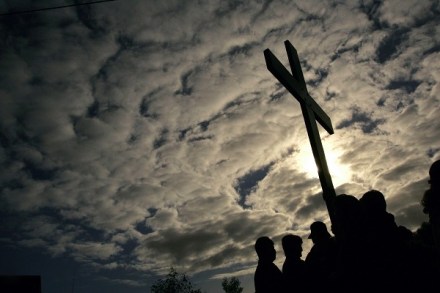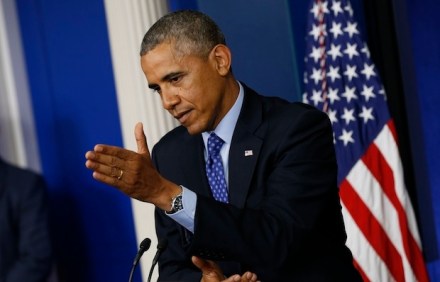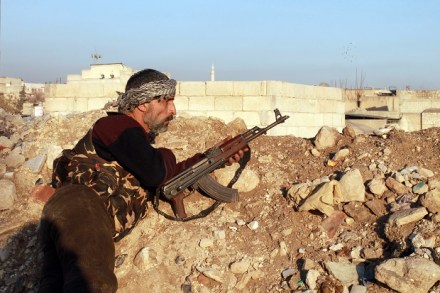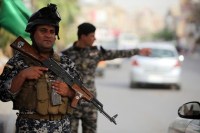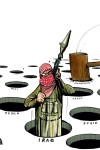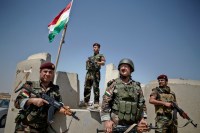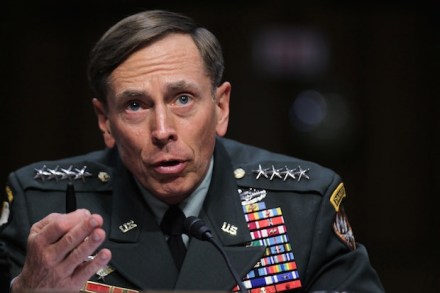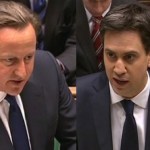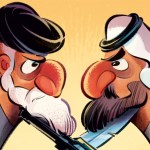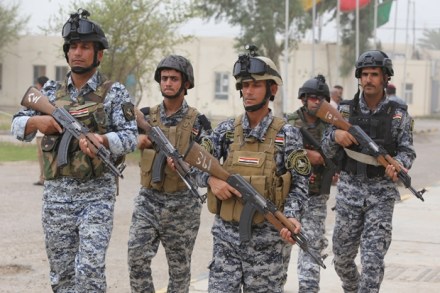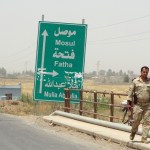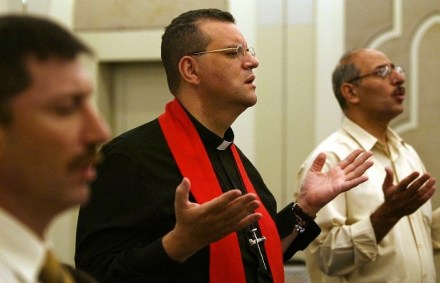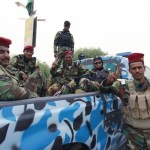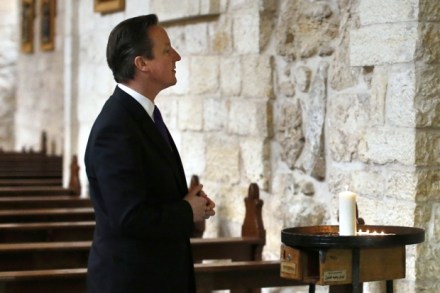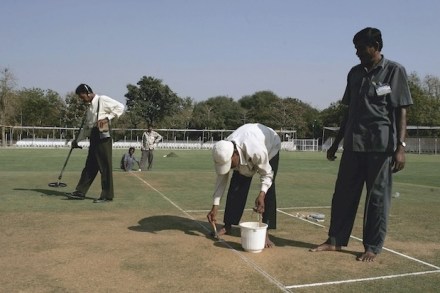America and Britain could save Iraq’s Christians – it’s just they don’t care
The Syro-Iraq war, as the firestorm should probably now be called, rages on, with the sword of Damocles hanging over us in Britain. Some 400 British Muslims are fighting with ISIS – only 150 fewer than the number of Muslims in the whole British Army – and we can be pretty sure of blowback when they return home. Afterwards I imagine we’ll have the politicians lecturing us about how this has nothing to do with Islam and then those bizarre ‘one London’ style posters will appear all over the capital; and 90 per cent of the media coverage will be on the danger of Islamophobia – cue footage of football
